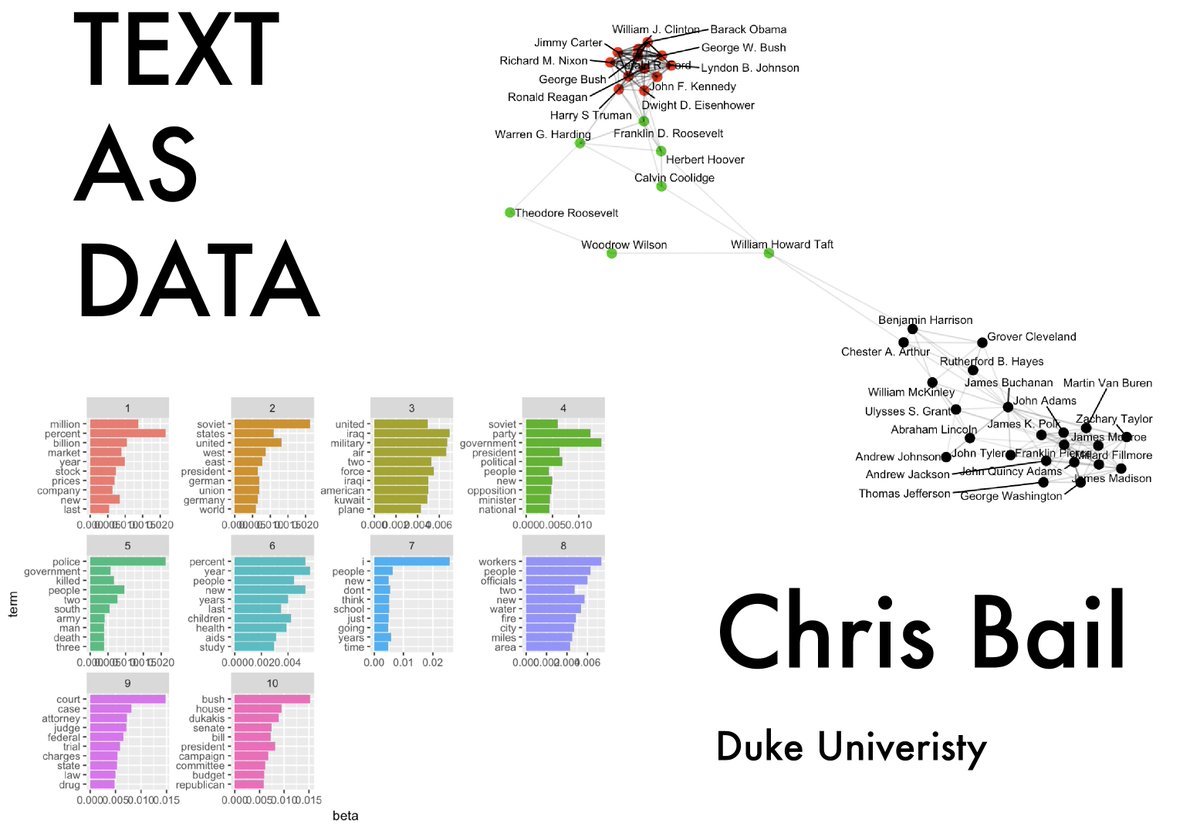
YouTube's algorithm is *not* radicalizing people according to a study by leading scholars that examined 29 million YouTube viewing sessions and recently appeared in a prestigious peer reviewed journal: pnas.org/content/118/32… 

There is more research/work to be done (especially with experimental designs and on other platforms), but this is the most comprehensive and careful analyses I've yet seen by @homahmrd @aaronclauset @duncanjwatts @markusmobius @DavMicRot and Amir Ghasemian.
And to be clear this does not indicate there are not major issues with extreme content on YouTube (and other platforms)... only that the algorithm does not seem to be the most likely culprit for producing extremism.
As many have argued (e.g. @kmmunger), we need more research on the supply side of extremism... and, I'd add, more careful theories of how our attempts to gain status interact with the technical affordances of our platforms and the information ecosystem more broadly.
And, more broadly, perhaps we all need a lot more humility vis-a-vis this complex, multifaceted issue. We are still very early in our understanding of how extremism evolves on social media, and there may not be many simple answers.
And to be clear I don't think this means that platforms could not do more to prevent/discourage extremism either; we all need to get more creative about how we think about the bigger picture and ask how the fundamental design features of social media engender different behavior.
• • •
Missing some Tweet in this thread? You can try to
force a refresh





